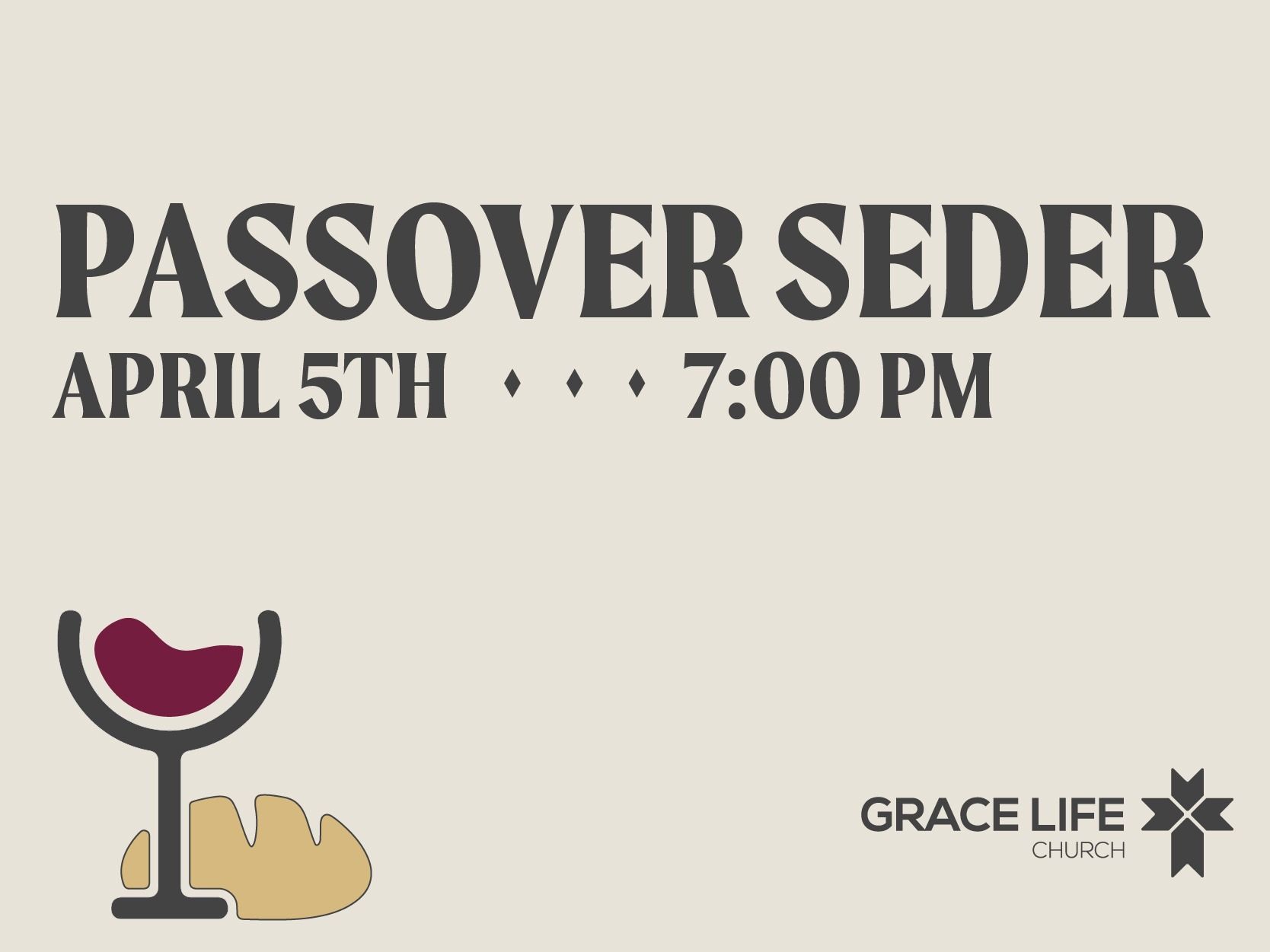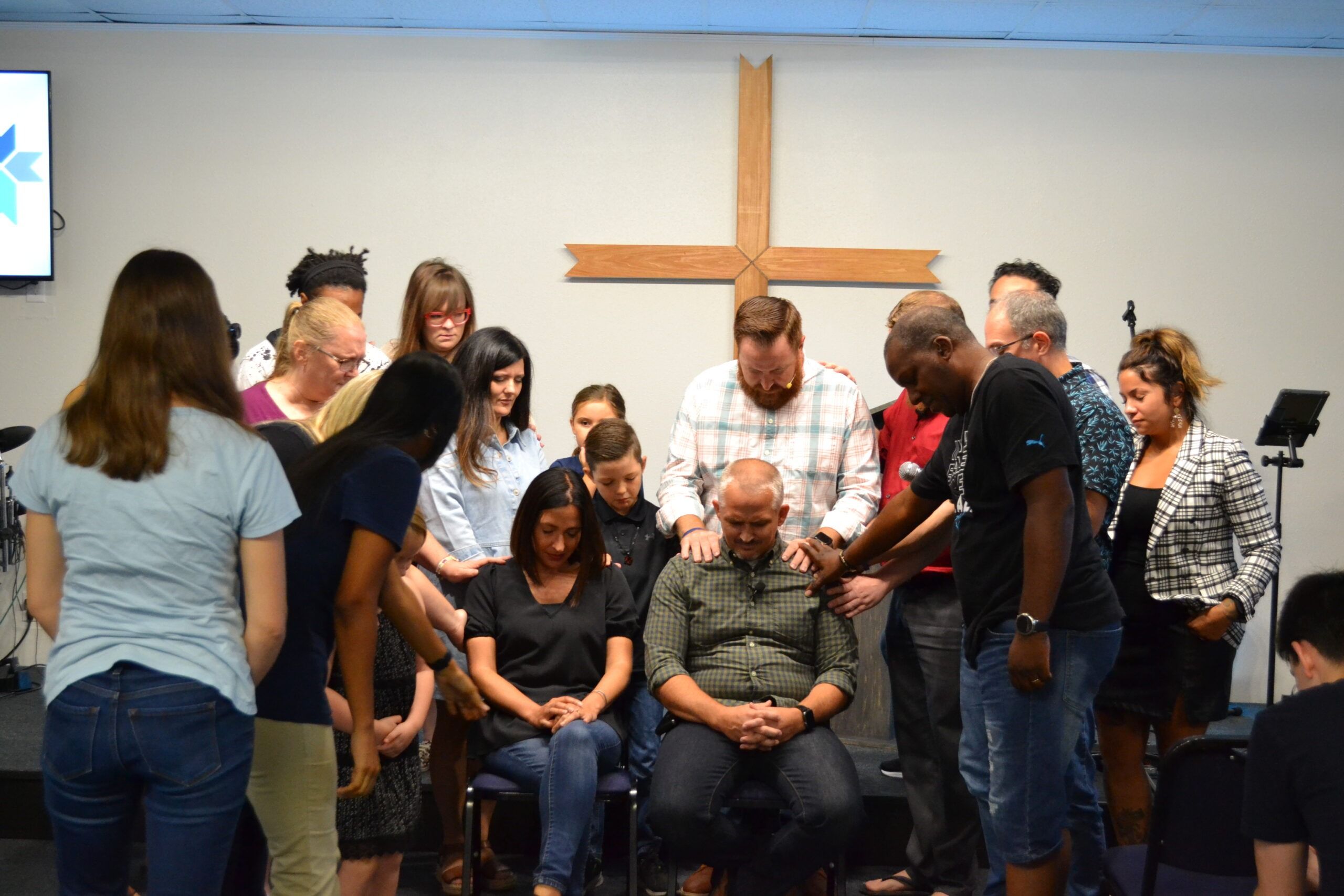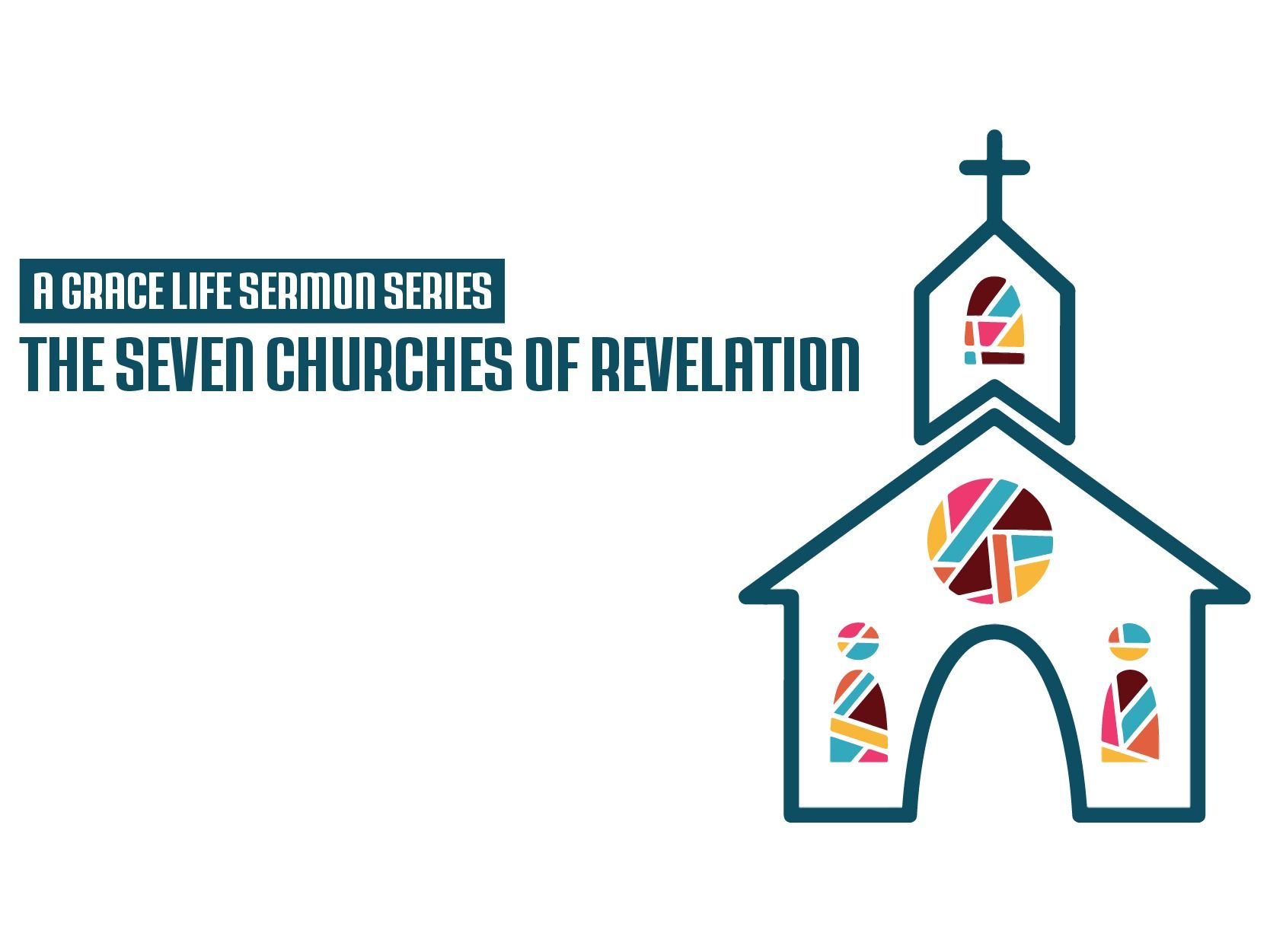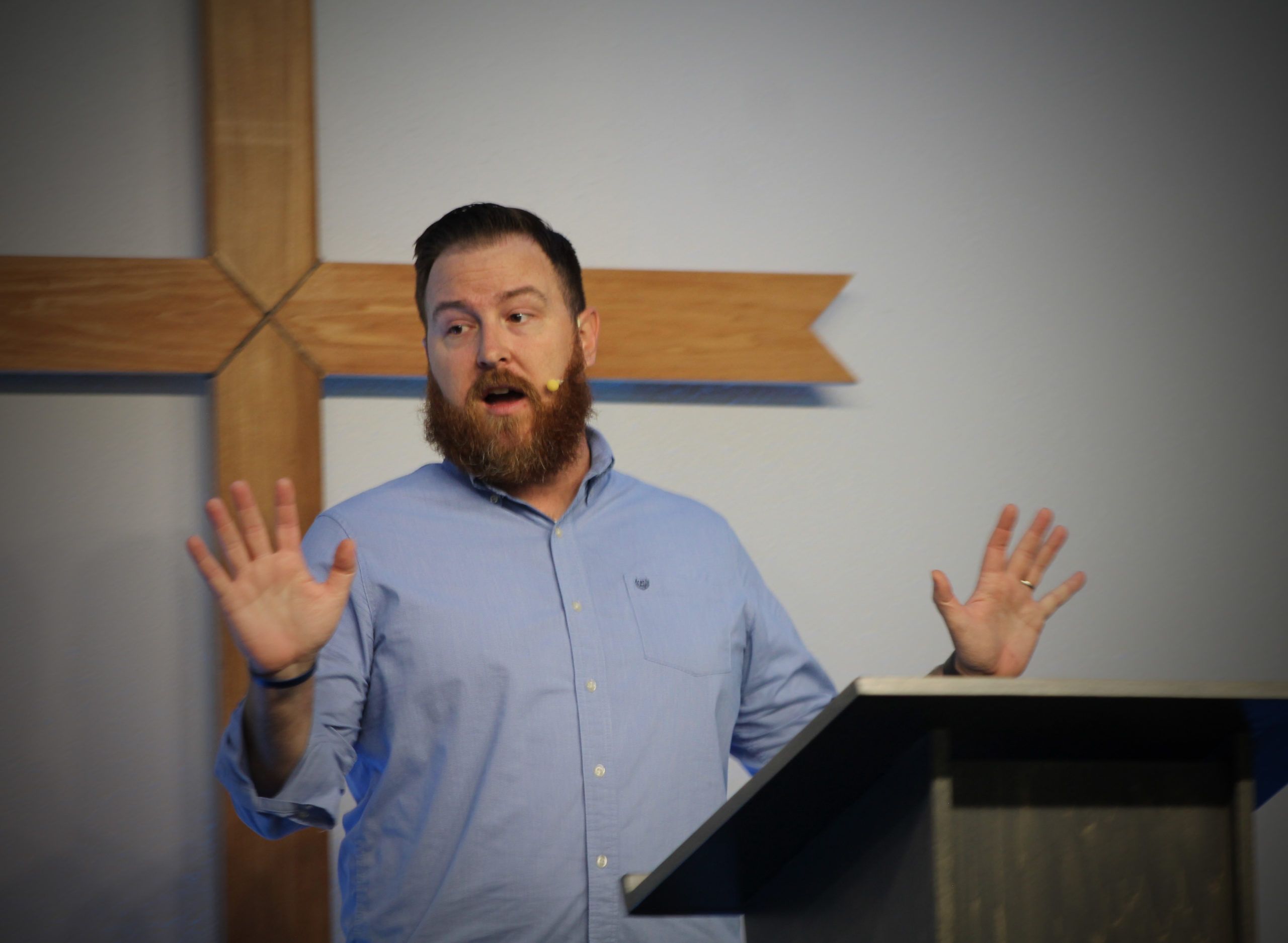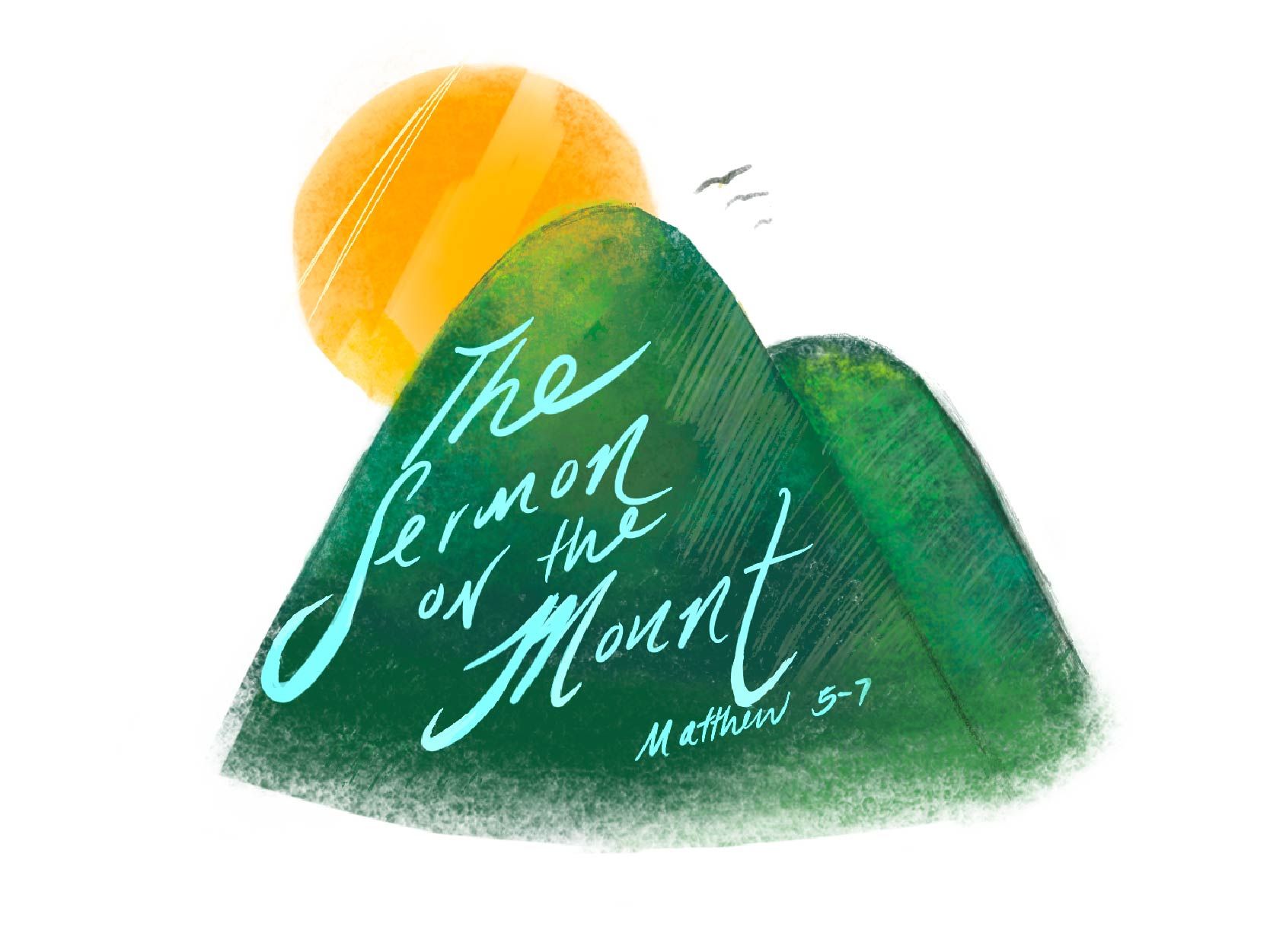Grief in View of the Hope of Resurrection
The Easter season is a unique time filled with not only great joy at the resurrection of Jesus but also great sorrow in recognizing the sinful state of man, our own sins against God that led to this predicament. Jesus bore our sin and shame on the cross, but we know that we still live in a broken world that is constantly presenting us with difficult circumstances and what may seem like random attacks against the life we desire to have. As we reflect on the message of the cross, we can understand what great anguish Jesus endured in our place, and we can look to His example as we consider the grief that the world brings us.
First, we must recognize that we are not ultimately bound to this world, but we are awaiting a new heaven and new earth. Peter talks about this greatly in his first letter (emphasis mine)-
1 Peter 2:9-11- But you are a chosen race, a royal priesthood, a holy nation, a people for his own possession, that you may proclaim the excellencies of him who called you out of darkness into his marvelous light. Once you were not a people, but now you are God’s people; once you had not received mercy, but now you have received mercy. Beloved, I urge you as sojourners and exiles to abstain from the passions of the flesh, which wage war against your soul.
The temptation to be focused on the present circumstance is common to man. But as those saved by grace through faith in Jesus, we are called to live differently in this world. We are not bound to the darkness around us- we have been delivered into His glorious light! This is both a present reality and a future hope. This is why we pursue holy living. It is also a practical testimony to the world, as we see in the next verse-
1 Peter 2:12- Keep your conduct among the Gentiles honorable, so that when they speak against you as evildoers, they may see your good deeds and glorify God on the day of visitation.
People are always observing us, whether they know we proclaim to follow Jesus or not. And those who know we call ourselves “Christian” have a concept of what that should and shouldn’t look like. When we get lost in the murkiness of this fallen world and allow our flesh to spit hurtful words or make short-sighted decisions, it is because we have lost sight of what God has in store for us at the end of our lives, whether upon the second coming of Jesus or after our death-
Revelation 21:1-5- Then I saw a new heaven and a new earth, for the first heaven and the first earth had passed away, and there was no longer any sea. I saw the Holy City, the new Jerusalem, coming down out of heaven from God, prepared as a bride beautifully dressed for her husband. And I heard a loud voice from the throne saying, “Look! God’s dwelling place is now among the people, and he will dwell with them. They will be his people, and God himself will be with them and be their God. ‘He will wipe every tear from their eyes. There will be no more death’ or mourning or crying or pain, for the old order of things has passed away.” He who was seated on the throne said, “I am making everything new!” Then he said, “Write this down, for these words are trustworthy and true.”
Jesus will comfort us directly! What a picture, the Savior that I betrayed in sin, who had to die for me so that I could have an unbroken relationship with, will comfort me when I see Him face to face. If that doesn’t motivate us to pursue Him, then maybe we must consider that He experienced a human life here on earth. This reality is hard to wrap our finite minds around, but it is the truth proclaimed in God’s Word.
But this truth is not far off! So we must recognize that our Savior lived a life on this earth that had temptations, grief, and difficulties.
The author of Hebrews describes this truth in chapter 4-
Hebrews 4:14-15- Since then we have a great high priest who has passed through the heavens, Jesus, the Son of God, let us hold fast our confession. For we do not have a high priest who is unable to sympathize with our weaknesses, but one who in every respect has been tempted as we are, yet without sin.
Accounts of the temptation of Satan against Jesus can be found in Matthew 4, Luke 4, and Mark 1. But we can also find other places of temptation to prove His power, including to avoid death on the cross as seen in Matthew 16:21-23 and Mark 8:31-33, or in the situation regarding Lazarus as told in John 11.
John 11:1-3- Now a certain man was ill, Lazarus of Bethany, the village of Mary and her sister Martha. It was Mary who anointed the Lord with ointment and wiped his feet with her hair, whose brother Lazarus was ill. So the sisters sent to him, saying, “Lord, he whom you love is ill.”
And what was the response of Jesus hearing this news? Verse 4-6:
But when Jesus heard it he said, “This illness does not lead to death. It is for the glory of God, so that the Son of God may be glorified through it.” Now Jesus loved Martha and her sister and Lazarus. So, when he heard that Lazarus was ill, he stayed two days longer in the place where he was.
Jesus made decisions based on His knowledge of God’s greater plan, not based on how He felt in the moment. Jesus could have kept Lazarus alive while he was not near. He could have done what any human who had the power of God would likely expect to do in such a situation. But He didn’t, because His primary concern was that God would get the glory. And the crucial part of this story comes in two simple words, as recorded in John 11:35-
Jesus wept.
The Creator of the universe. The Savior of the World. The Lamb of God. The Protector, Healer, Redeemer…. He WEPT. Is there any surprise that we who are called to become more like Christ will face the griefs of this life? Jesus was a man of sorrows, as described in detail in Isaiah 53. But the beautiful truth of what all this means is summarized in Hebrews 4:16-
Let us then with confidence draw near to the throne of grace, that we may receive mercy and find grace to help in time of need.
Our Savior, acquainted with grief, tempted but without sin, knows how life on this earth can be for us.
Therefore, we must finally recognize that we have not been saved out of difficulties, but we have been saved to live differently in spite of those difficulties.
Since the death of my wife, the words of 1 Thessalonians 4 have been one of many strongholds I use to combat the temptation against fear and despair in view of the grief and loss I have felt.
1 Thess 4:13-18- But we do not want you to be uninformed, brothers, about those who are asleep, that you may not grieve as others do who have no hope. For since we believe that Jesus died and rose again, even so, through Jesus, God will bring with him those who have fallen asleep. For this we declare to you by a word from the Lord, that we who are alive, who are left until the coming of the Lord, will not precede those who have fallen asleep. For the Lord himself will descend from heaven with a cry of command, with the voice of an archangel, and with the sound of the trumpet of God. And the dead in Christ will rise first. Then we who are alive, who are left, will be caught up together with them in the clouds to meet the Lord in the air, and so we will always be with the Lord. Therefore encourage one another with these words.
Brothers and sisters, we will face grief, not just because we are Christians, but because this world is not the end-all be-all of existence. But we must fight vigilantly against letting hard times define our existence. We can and should grieve the loss of loved ones, the unexpected employment change, the dissolvement of relationships that ought to have lasted a lifetime. But we cannot look at those things as isolated events, but instead trust that God is working in those circumstances to draw us close to Him, as said in Romans 8:28-
And we know that for those who love God all things work together for good, for those who are called according to his purpose.
If we trust Scripture, if we believe that there is more to life than what’s here on earth, if we see that Jesus doesn’t just theoretically know about life but experienced it, if we can see that the difficulties of life draw us to more dependence on God, then we can begin to grieve in a way that draws us closer to God and further from this world.
My last thought is another tentpole I hold on to, from Psalm 119-
Psalm 119:68- You are good and do good; teach me Your statutes.
When your family fails you, when your plans blow up, when the unexpected diagnosis comes, know that your Savior knows, He understands, He is with you and near you, and His Spirit is in you to help you as you walk through the grief.
Love in Christ,
Pastor Ben

